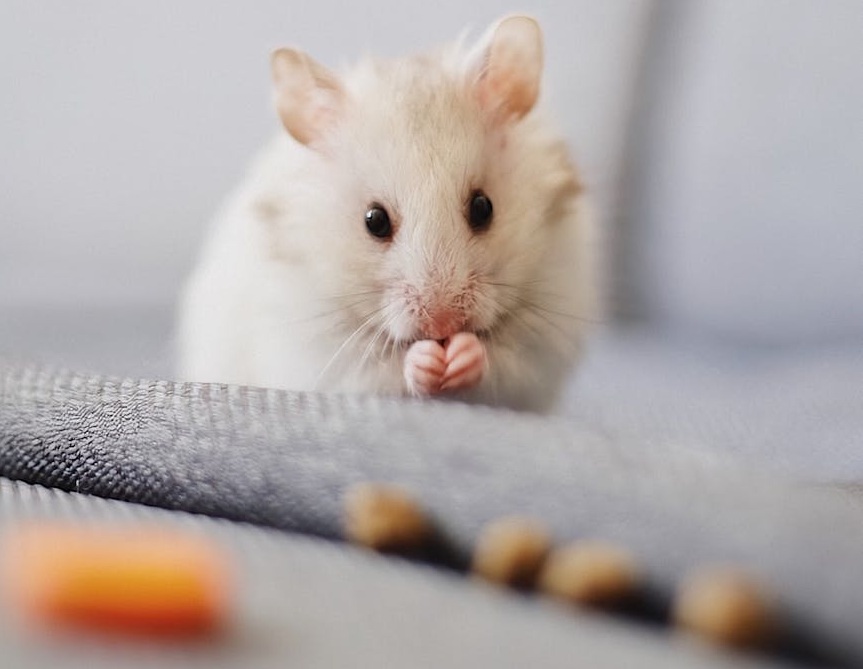A hunger peptide prevents weight loss in anorexic mice
A hunger peptide prevents weight loss in anorexic mice

Eating disorders such as anorexia nervosa affect up to 70 million people worldwide. In particular, despite its prevalence and long-term duration, there are no effective pharmacological treatments for anorexia. This may change in the future if recent results 1 in mice transfer appropriately to humans, as a “hunger” peptide appears to revert weight loss in mice suffering from an animal form of anorexia.
Extracellular acyl-coenzyme A binding protein (ACBP) is the name of the hunger peptide which may revolutionise the treatment of anorexia. This evolutionarily conserved protein acts as an appetite stimulator. Interestingly, both in patients and mice where anorexia was induced through chronic restraint stress, ACBP levels were lower than in healthy counterparts.
In addition, there was a correlation between the low concentration of ACPB and poor prognosis in patients, indicating that increasing the levels of this peptide might help reverse some of the symptoms of the disease.
To test this hypothesis, the researchers used various methods –chemogenetic, daily intravenous injections, and/or an osmotic pump– to administer the peptide to anorexic mouse models resulting from stress or chemotherapy. In all cases, regardless of administration method, the peptide promoted eating in this mice, which would have otherwise avoided food. These results are promising for the treatment of this prevalent, long-term disease with poor prognosis.
However, this is still early days. Although the peptide inhibited hypothalamic activation of anorexigenic melanocortin 4 receptors, the peptide cannot cross the blood-brain-barrier, so the underlying mechanism remains unclear.
Thus, future research should focus on a) finding ways to bring this discovery to the clinic, so that patients can benefit from it as soon as possible, and b) investigating the underlying mechanism, as this may pave the way to the discovery of other, more druggable targets, that could be used to revert weight loss in anorexia.
References
- Hui Chen et al. (2024) Acyl-CoA binding protein for the experimental treatment of anorexia Sci. Transl. Med. doi: 10.1126/scitranslmed.adl0715 ↩